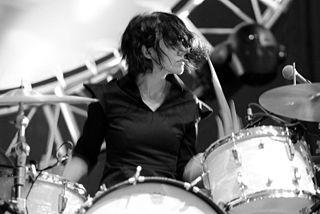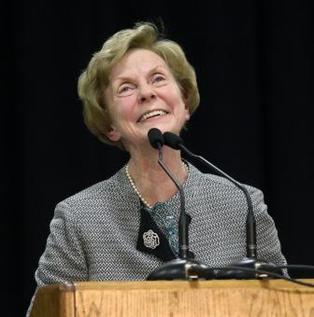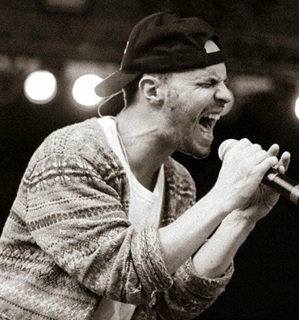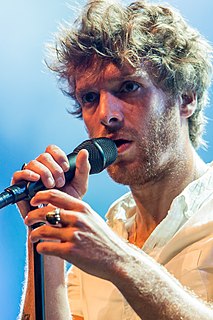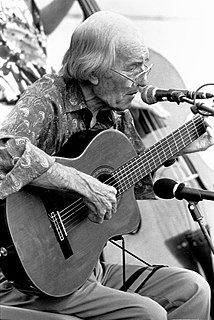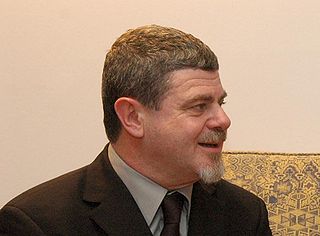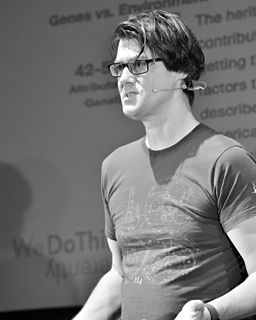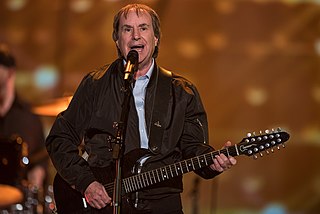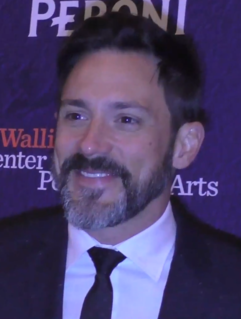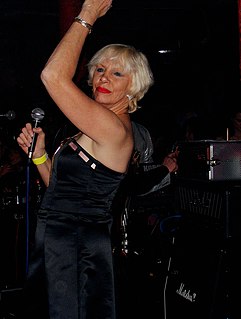A Quote by James Taylor
I don't read music. I don't write it. So I wander around on the guitar until something starts to present itself.
Related Quotes
Mostly, in song writing, my experience is that there isn't so much inspiration as hard work. You sit there for hours, days and weeks with a guitar and piano until something good comes. But the urge to write is something you have to have. A conviction, an ambition to write and never stop until you think, 'This is the best I can do.'
We, Autolux band, write in very different ways; sometimes we play with the band and write music first and then form vocal parts and lyrics. Or I'll find some music, or a guitar part or something, and I'll just write an entire sketch of an idea from that. So I think things have always been that way, it's just that this time around we had some more obstacles off and on all the time.
The guitar is a means of expressing music, When you get into the emotional side of it, then it's not the guitar that matters so much as the music itself. But the guitar is the vehicle I use. It's how I express myself. As for the emotional side, music takes up where language leaves off. To try and verbalize what music says, emotionally and spiritually, is futile. Let me put it this way, Louis Armstrong once said if you've got to ask, you'll never know.
I've written arrangements for choirs and strings in the past, but I usually write music with my voice or a keyboard and then I'll get someone who is good at writing scores to write it out. Or, if I have the luxury of time, I will go in a room and hear the people perform and then change it through what I hear, not on paper. I can read music OK, but I probably rebelled a little - music changes into something else when you read it.
Success is something you should never take into consideration: if you follow it it'll elude you. It's important to really love your work as a writer, to read loads to the point where you can recognise blindfolded, hearing them read, the writers of yesterday and today. It's important to write every day, for hours. To have faith in your imagination and let it wander.
What I remember best from those times is the music itself. When it succeded, we took hold of the audience's attention, working it from a distracted, unshaped mass into spun beauty, passing the fine strands back and forth until we wove together something grander, not only music but memory, too-the particulars of past and present, stretched taut across a loom of timeless ideals. Harmony. Symmetry. Order.
I never really trained to be a musician, but I've been playing guitar since I was around, like, 13 years old. For me, the guitar has always been the instrument that I've played. I play a little piano. I taught myself everything by ear. I don't read music at all, which has not really been a hindrance.


